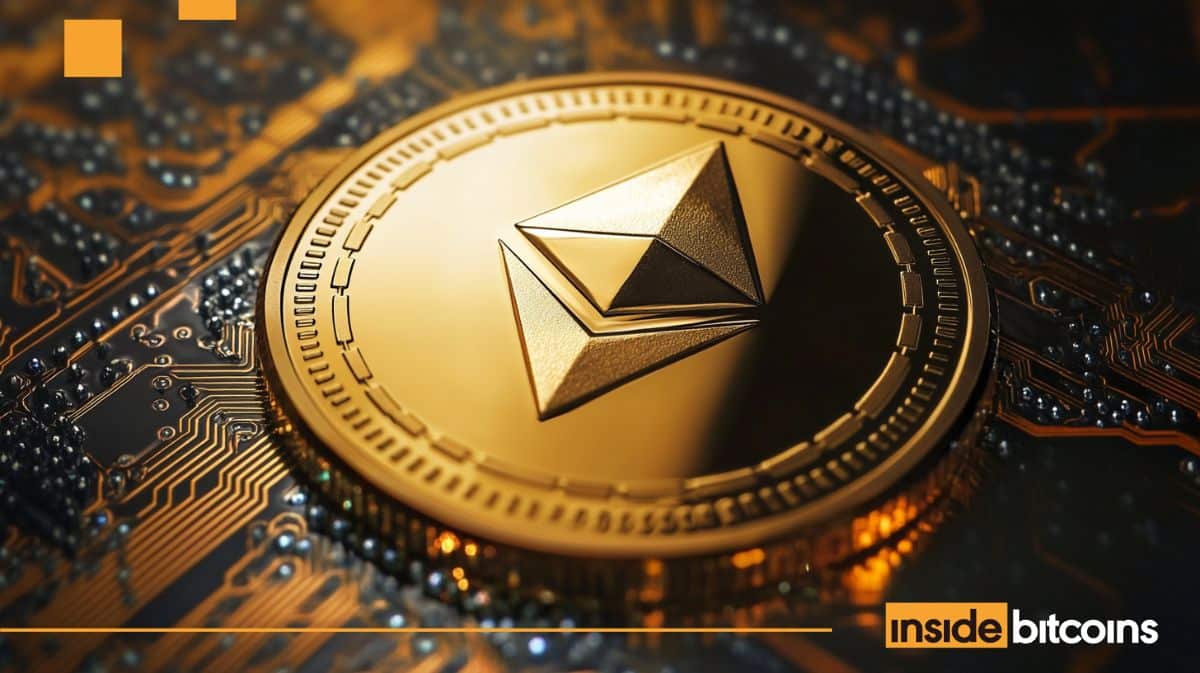
2019-5-1 22:58 |
Ethereum is the leading smart contract platform globally and it gave rise to the ICO world. The inventor of Ethereum is Vitalik Buterin, and he is in the eye of the storm for proposing new wallet fees.
A few weeks ago, a particular news item made ripples through the crypto community. This wave came from Vitalik Buterin, creator of the Ethereum blockchain project. In it, he suggested charging a small fee for Ethereum transactions.
The money obtained from this fee, he said, should help fund the developers, and the project itself. Answers to his plea came in immediately and divided the community. Some people saw it as a good proposal, while others immediately shunned it.
So far, Ethereum hasn’t implemented such a policy. We don’t even know if it will. However, there’s an important question here: Is it really a bad idea?
Arguments for the change, or why developers need to eatSoftware development is expensive. This is also true about blockchains and maintaining them. The detail is, developers working on projects have their own living costs. Vitalik’s proposal simply attempts to make sure blockchain developers are paid decent wages. That’s it.
There are reasons to support this even if you’re not a blockchain developer. Blockchain technology is very security-intensive, and coders need to always be on top of possible threats. And it is a fact that overworked, underpaid people can be a threat.
Vitalik’s proposal makes sense. Making sure those in charge of keeping our crypto safe is a sound investment.
There are further things to consider when it comes to charging for Ethereum wallet use, or any crypto wallet use. While free wallets could still exist, users would have to consider whether they should or not trust a free one. After all, they would be facing the risk that free wallets are more susceptible to hacks.
Vitalik’s proposed increase isn’t even huge, which is one of the reasons he defends his idea. The increase would amount to less than 7% of the current wallet fees. However, thanks to the massive amount of people using Ethereum, it would add up to over $2 million per year.
The idea, then, is to have all, or most, wallet users’ chip in to make sure wallet developers are paid. More importantly, part of that money could be reinvested to make wallets and blockchains more secure. It could even be used to finding new ways to use technology.
There’s another reason to give wallet and blockchain developers a good pay. As blockchain technologies enter the mainstream, more stress will be placed on these chains. In order to keep up with demand, more money will be needed to keep projects afloat.
Most blockchains are managed by companies with the means to maintain them currently, but that won’t necessarily be true a decade from now. As requirements and costs go up, many current-day blockchains and wallets might find themselves unable to make ends meet.
This idea only gets grimmer. Blockchain has been hailed mainly by free software and open source foundations. However, there’s nothing keeping corporate entities from creating their own. If costs get too high for current players to maintain a global blockchain, new players could step in.
Can you imagine an Amazon-owned blockchain? Government-owned ones?While unlikely right now, these things need to be considered in the long run. Keeping the blockchain environment healthy is important if we want to avoid any such takeovers.
That’s not to say companies like Amazon can’t develop blockchains of their own. However, we must make sure their huge war chest doesn’t allow them to corner the market.
Arguments against, or why some things are better left aloneMost of the arguments that surfaced as replies to Vitalik’s proposal were, curiously, against it. This is particularly important because many of these comments came from the developers themselves.
That’s not to say developers don’t want to get paid – we all want to get paid. The problems they see are more of the social kind, along with fears of an IRS rush.
First: Ethereum wouldn’t be the first blockchain to ever implement such fees. It’s been tried before. Multibit, a once popular wallet for Bitcoin, tried to implement a system like this back in 2016. Less than a year later, the company folded as it found itself unable to keep running.
In Multibit’s case, the massive loss of users that came with its fee structure caused some of the problems. Also, Multibit had recently been acquired by another company, which might have changed the way the product itself was seen.
However, a question remains, which is whether Multibit would have been able to stay afloat with user numbers surging. This is important to consider, as it is possible that Multibit was simply not doing well already.
Still, many developers got a message from this: Users aren’t willing to pay for what used to be free. As it is, many see the idea of implementing such a fee as a potentially suicidal move.
There are other arguments, perhaps less convincing. The stronger ones relate to how such fees would be charged, and whether other fees could make sense, too. They attempt to extrapolate the same logic of “developers need to eat” into any set of charges, including government taxes.
Smart Contracts, Smart feesSince the blockchain community has long shunned the idea of government regulation or taxes on crypto earnings, it’s easy to see why this got some sway. However, this argument suffers from the slippery slope fallacy. It assumes that allowing any kind of fees to be collected would imply collecting others, including government fees.
This logic is flat-out wrong, as crypto fees could start being charged at any time for legitimate reasons. But more importantly, if governments wanted to regulate cryptocurrencies and levy taxes on them, they’ll just do it. The IRS guys aren’t sitting in their chairs waiting for a blockchain to implement this so they can start taxing.
Another angle to explore might be the smart contracts opening. Many organizations already use smart contracts as innovated by Ethereum blockchain. Organizations could be levied to pay some sort of subscription fees for usage. This might free up funds to supplement developer’s earnings.
Fees paid by corporate users can be managed by Ethereum foundation and channeled to identified developers transparently. This might be a better middle-of-the-road approach so that fee-paying doesn’t turn people away from wallet usage.
The TakeawayThis is certainly not the first time that fees on crypto transactions are bandied. It won’t be the last, either. The community is divided, and always will be about it. However, the one question that should be asked is -what might be better long-term?
Vitalik’s proposal was an optional one but carries weight because of who he is. He didn’t want a rule where transactions are fee-based, but instead for crypto developers to band together and make it a standard. It still was poorly received. In the years ahead, Vitalik might be viewed as a prophet you knew the way to go.
Image(s): Shutterstock.com
The post Ethereum Gas Fees: Why Vitalik Buterin Might be Right or Wrong With His Proposals appeared first on NullTX.
origin »Bitcoin price in Telegram @btc_price_every_hour
Ethereum (ETH) на Currencies.ru
|
|



